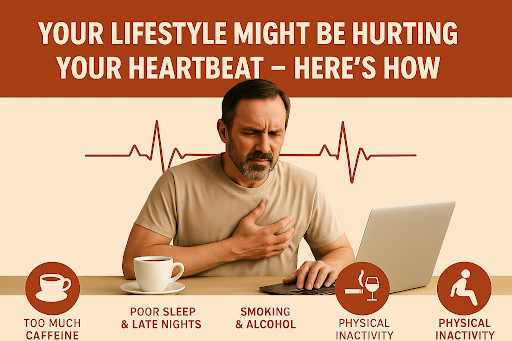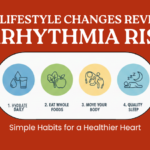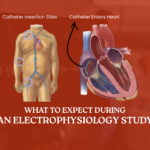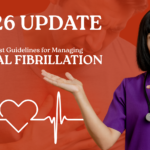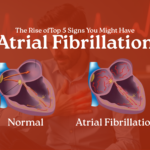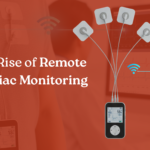Healthy rhythm: Daily habits that protect your Heart
Learn small, practical lifestyle changes that keep your heartbeat steady, explained in plain language by electrophysiology-friendly tips.
Why heart rhythm matters
Ever felt your heart racing after too much coffee or skipping a beat during a stressful moment? That’s your heart rhythm talking. While the heart normally beats in a steady pattern, certain lifestyle habits can disturb this rhythm, leading to arrhythmia or rhythm disorders. Left ignored, some rhythm disturbances can increase the risk to heart health. Fortunately, many electrophysiologists agree: small lifestyle shifts can protect your heartbeat more than you might think.
Below are everyday habits that silently harm heart rhythm — and practical tips to keep your heart steady.
1. Too much caffeine
Caffeine stimulates the heart’s electrical system. In sensitive people, excess intake can cause palpitations or trigger arrhythmia. That third cup of coffee? Your electrophysiologist might not recommend it if you’re prone to palpitations.
2. Poor sleep and late nights
Your heart follows a rhythm — and so does your body clock. Regularly sleeping less than six hours or staying up late can disturb your heart rhythm. Cardiology studies have linked poor sleep to higher risk of rhythm disorders, particularly in people with existing arrhythmias.
3. Smoking and alcohol
Nicotine and alcohol disrupt the heart’s electrical signals. Even moderate drinking can trigger irregular heartbeat episodes in some people. Smoking reduces oxygen delivery to the heart and can worsen rhythm disorders.
4. Skipping physical activity
A sedentary lifestyle weakens the heart muscle and slows circulation. Without regular activity, the heart becomes more prone to rhythm problems. Conversely, sudden overexertion without medical guidance can also strain the heart’s rhythm.
5. Stress and anxiety
Stress releases adrenaline, which makes your heart beat faster or irregularly. Ongoing anxiety disturbs your natural heart rhythm and can worsen arrhythmia over time.
Keep the beat steady
Your heart isn’t just a pump, it’s an intelligent rhythm machine. Every cigarette, sleepless night, or caffeine overload sends mixed signals to it. Simple, consistent lifestyle changes prevent many rhythm disorders and protect long-term heart health.
“Apna lifestyle sahi rakho, taaki dil apni perfect beat mein rahe.”
If you often feel palpitations, fluttering, or skipped beats, see a cardiology expert or electrophysiologist. Timely evaluation helps detect arrhythmia early and restore your heart rhythm before serious complications arise


